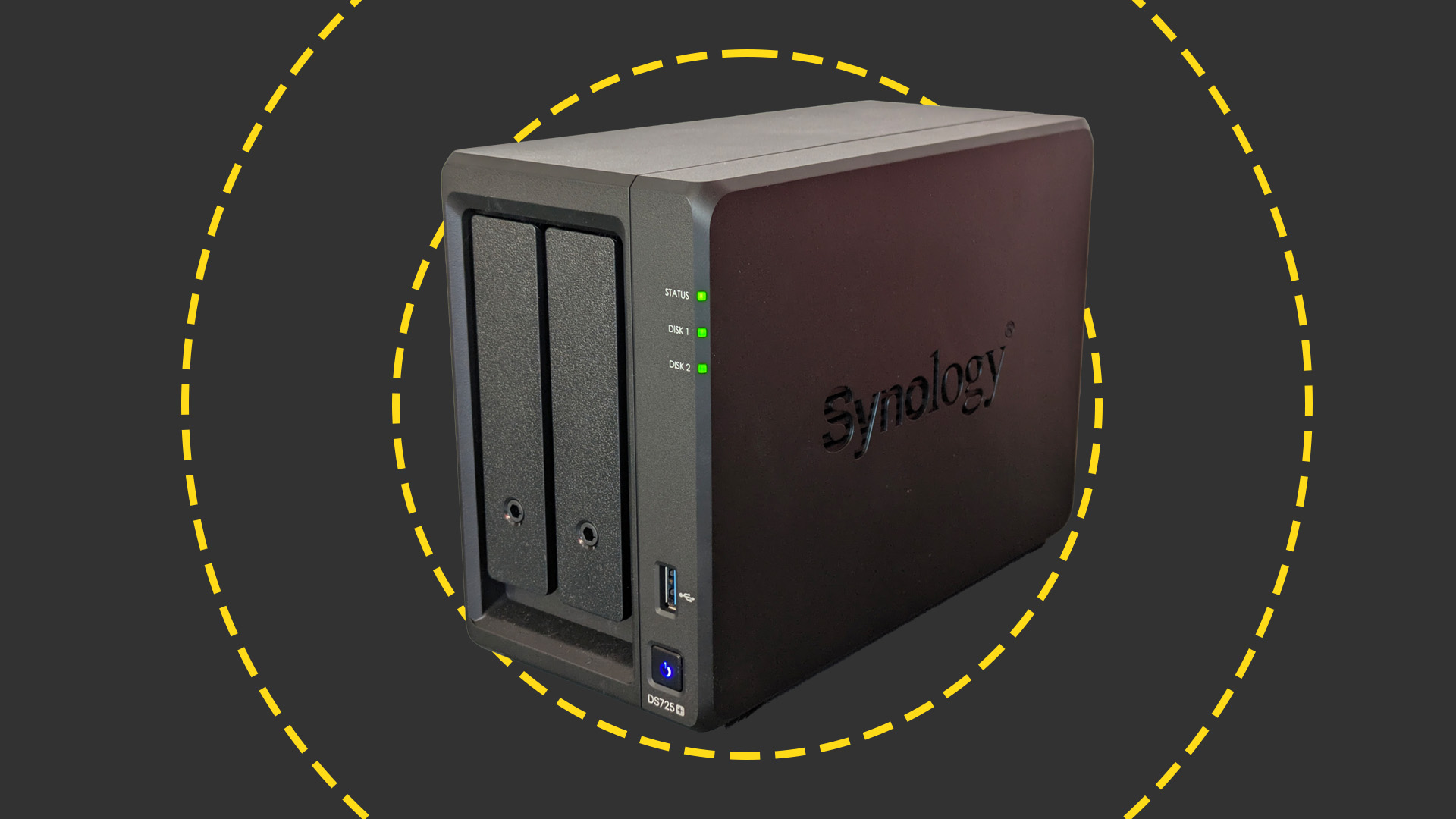How EDF empowered its decision-makers with a consolidated data strategy
Using Informatica solutions as the foundation for its new data platform, EDF has achieved hugely streamlined operations


Sign up today and you will receive a free copy of our Future Focus 2025 report - the leading guidance on AI, cybersecurity and other IT challenges as per 700+ senior executives
You are now subscribed
Your newsletter sign-up was successful
EDF is one of Europe’s largest energy companies, with an extensive operational footprint across the region, including power stations and energy infrastructure.
Over time, this growth piled legacy systems and disparate data sources together in an increasingly inefficient manner, putting pressure on operations teams to put in work to understand data on a daily basis.
It became clear that the firm needed a new, single pane of glass for its data.
ITPro spoke to Kenny Scott, data governance consultant at 8 Governed Gates (8GG), to learn more about how its data transformation had assisted the power company to accelerate clean energy deployment.
Scott describes how in June 2023, EDF decided on a new digital strategy, with a target of achieving strategic growth, getting the right data to its decision-makers, improving colleague engagement, and ensuring its operations are sustainable.
In response it has created DataVolt, powered by Informatica solutions along with Snowflake and Power BI.
“We want insights on demand, not putting you into a queue, not going into a ticket system that’s going to take us three to four weeks to even get a response,” Scott said, in a talk on the new system.
Sign up today and you will receive a free copy of our Future Focus 2025 report - the leading guidance on AI, cybersecurity and other IT challenges as per 700+ senior executives
Scott used the analogy of an ‘engine room’ to describe how the three offerings work in tandem under the hood of DataVolt to ensure employees at EDF can access the data they need.
“Informatica is the foundation of what we do, it’s the entry point, it is the cohesive glue for everything that’s there,” he says, adding that Informatica has become the “tool of choice” for data governance, particularly for handling metadata.
“Snowflake, it’s got the power, power is the key word for us. It's scalable, it's available, there's resources in the marketplace – if we need it, we can train people up to do what we need with it. Then Power BI, we talked about single pane of glass, that's our single pane of glass. It's the one place that we will go from the organization to find out those questions.”
Sustainable generation as a north star
As one might expect, the power generation side of the business is critical for EDF, which has a “north star” to generate 10GW of energy in the UK by 2035.
This necessitates a strong focus on onshore and offshore wind to meet this target – and won’t be met unless EDF can keep its wind turbines operational.
Scott explains that this means engineers need to be assigned to them in a “timely fashion” and with the right equipment for the job. Without all the relevant oils, tubes, and other kit, turbines could be out of operation for another day or more.
“[T]he main driver for this piece of work was it's taking too long to analyze disparate sources and come to a decision that we need in the organization, whereas now because we've got the Power BI and the consolidated data, and we know what it is and equality and who owns it, you can get to that decision point more swiftly.”
With access to historical data and data driven decisions powered by Informatica’s tools, EDF can also use DataVolt to predict its upcoming wind generation figures and to decide on new wind farm sites.
Scott says EDF has started DataVolt operations with its wind and battery teams, as a chance to make targeted changes that bring huge operational benefits to the larger business.
He tells ITPro that some of the initial hurdles for his team included overcoming outdated company cultures regarding data and IT.
“When I first came into EDF, we were faced with stories of ‘we don't have any data’, because it was in spreadsheets or it was on SharePoint.
“There was no cognizance of data being an entity that was of value in the organization. Now, we helped change that conversation. And then, as people say, ‘Ah, but we've got these pain points’. Well, that's because you don't have the data in the right place, in the right format. Then they start to realize, then you start to get the buy-in.”
EDF has spent the past 18 months labelling its legacy data and it into Snowflake, with Informatica then used to explore and effectively use this data.
“A lot of this is hearts and minds, about getting the organization to want to do it,” Scott tells ITPro.
“So if you show them success little and often, and you keep repeating that, then you're going to have a bit of buy-in. And then you're going to have new stakeholders who are going to be interested because people buy from people, but they also buy from the stories of their peers.”
Building on the foundation
Going forward, EDF will continue to work on its data consolidation, with a view to embedding more AI in its platform.
Scott picked out Informatica’s CLAIRE GPT data management assistant as a potential boon for the business, particularly with its ability to pull out data insights for users based on natural language prompts. He expressed hope that its work on labelling and metadata to date will help make future AI adoption easier.
“I think we’re in a fortunate position because we’ve laid down the foundation.”
Any leader looking to engage in a similar project, Scott said, must ensure everyone on their team is informed and onboard from the beginning of a project and that any concerns are raised as early as possible.
“Too many conversations can be submissive, because people either just want to get out of a meeting or they’re not that interested,” he says.
“But then again, you can get some contentious ones – but for me, the contentious ones are where you will solve problems, because the biggest advocates in any organization are the ones that you've turned around from being a detractor from what you're trying to do.”

Rory Bathgate is Features and Multimedia Editor at ITPro, overseeing all in-depth content and case studies. He can also be found co-hosting the ITPro Podcast with Jane McCallion, swapping a keyboard for a microphone to discuss the latest learnings with thought leaders from across the tech sector.
In his free time, Rory enjoys photography, video editing, and good science fiction. After graduating from the University of Kent with a BA in English and American Literature, Rory undertook an MA in Eighteenth-Century Studies at King’s College London. He joined ITPro in 2022 as a graduate, following four years in student journalism. You can contact Rory at rory.bathgate@futurenet.com or on LinkedIn.
-
 Synology DiskStation DS725+ review
Synology DiskStation DS725+ reviewReviews This two-bay NAS balances cost, performance, usability, and scalability to perfection
-
 Microsoft Copilot bug saw AI snoop on confidential emails — after it was told not to
Microsoft Copilot bug saw AI snoop on confidential emails — after it was told not toNews The Copilot bug meant an AI summarizing tool accessed messages in the Sent and Draft folders, dodging policy rules